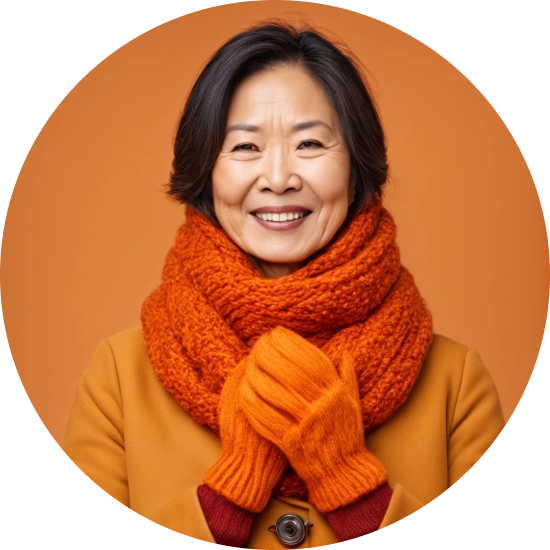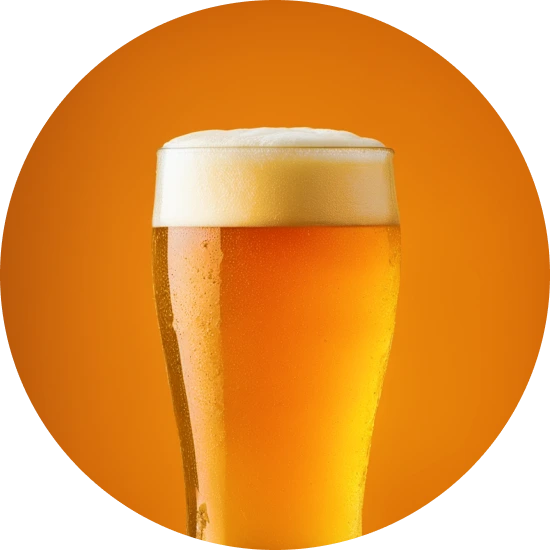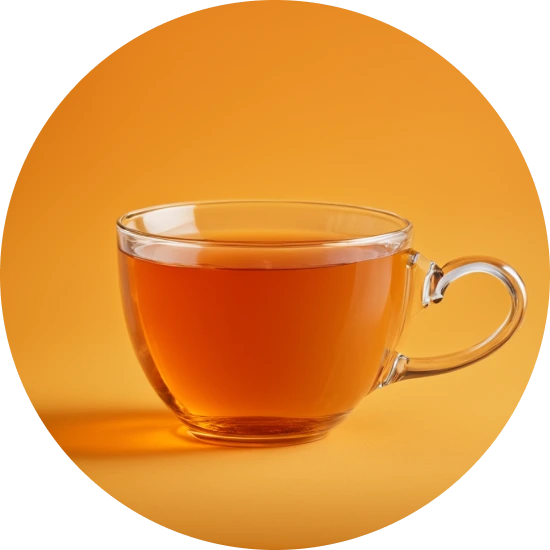Explore the Family Name Hwang
How common is the last name Hwang in the United States?
Based on the Decennial U.S. Census, the surname Hwang gained popularity from 2000 to 2010. In 2000, Hwang was ranked as the 2435th most popular surname, but by 2010 it had risen to the 2017th position, demonstrating a growth rate of 17.17%. The total count of individuals with the Hwang surname also increased during this period, from 13,610 in 2000 to 17,900 in 2010, marking a 31.52% increase. The proportion of Hwangs per 100,000 people also expanded by 20.2%, moving from 5.05 to 6.07.
| 2000 | 2010 | Change | |
|---|---|---|---|
| Rank | #2,435 | #2,017 | 17.17% |
| Count | 13,610 | 17,900 | 31.52% |
| Proportion per 100k | 5.05 | 6.07 | 20.2% |
Race and Ethnicity of people with the last name Hwang
In terms of ethnic identity, data from the Decennial U.S. Census shows that the majority of people with the surname Hwang are of Asian/Pacific Islander descent, accounting for 96.04% of all Hwangs in 2010, down slightly from 96.63% in 2000. Mixed-race Hwangs increased by 15.62% over the decade, while the proportion of Hwangs identifying as white rose by 22.03%. Hispanic representation amongst the Hwangs also grew, increasing by 27.03% between 2000 and 2010. There were no recorded instances of Hwangs identifying as Black or American Indian and Alaskan Native in either census year.
| 2000 | 2010 | Change | |
|---|---|---|---|
| Asian/Pacific Islander | 96.63% | 96.04% | -0.61% |
| Two or More Races | 1.6% | 1.85% | 15.62% |
| White | 1.18% | 1.44% | 22.03% |
| Hispanic | 0.37% | 0.47% | 27.03% |
| Black | 0% | 0% | 0% |
| American Indian and Alaskan Native | 0% | 0% | 0% |
Hwang ancestry composition
23andMe computes an ancestry breakdown for each customer. People may have ancestry from just one population or they may have ancestry from several populations. The most commonly-observed ancestry found in people with the surname Hwang is Korean, which comprises 51.2% of all ancestry found in people with the surname. The next two most common ancestries are Chinese (39.1%) and French & German (2.1%). Additional ancestries include British & Irish, Vietnamese, Filipino & Austronesian, Japanese, and Spanish & Portuguese.
Ready to learn more about your ancestry? Get the most comprehensive ancestry breakdown on the market by taking our DNA test. Shop 23andMe
| ANCESTRY BREAKDOWN | COMPOSITION |
|---|---|
| Korean | 51.2% |
| Chinese | 39.1% |
| French & German | 2.1% |
| Other | 7.6% |
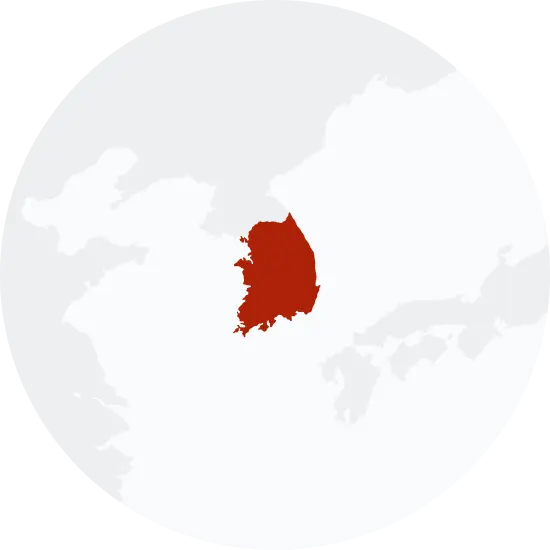
Possible origins of the surname Hwang
Your DNA provides clues about where your recent ancestors may have lived. Having many distant relatives in the same location suggests that you may all share common ancestry there. Locations with many distant relatives can also be places where people have migrated recently, such as large cities. If a large number of individuals who share your surname have distant relatives in a specific area, it could indicate a connection between your surname and that location, stemming from either recent ancestral ties or migration.
Based on 23andMe data, people with last name Hwang have recent ancestry locations spanning a few countries, mostly in South Korea, and China.
| RECENT ANCESTRY Location | Percentage |
|---|---|
| Seoul, South Korea | 55.60% |
| Busan, South Korea | 35.20% |
| Guangdong, China | 31.20% |
| Fujian, China | 30.70% |
| Zhejiang, China | 30.40% |
What Hwang haplogroups can tell you
Haplogroups are genetic population groups that share a common ancestor on either your paternal or maternal line. These paternal and maternal haplogroups shed light on your genetic ancestry and help tell the story of your family.
The top paternal haplogroup of people with the surname Hwang is O-CTS723, which is predominantly found among people with East Asian & Indigenous American ancestry. Haplogroup O-CTS723 is descended from haplogroup O-M1359. Other common haplogroups include O-F8 and O-F11, which are predominantly found among people with East Asian & Indigenous American and East Asian & Indigenous American ancestry. Other surnames with similar common haplogroups are: Choi, Kim, Song, Kang, Jin, Hong, Chang, Chun, He, Sun.
The most common maternal haplogroups of people with Hwang surname are: D4b2b, H, D4. These most commonly trace back to individuals of East Asian & Indigenous American and European ancestry.
 Paternal Haplogroup Origins O-M1359
Paternal Haplogroup Origins O-M1359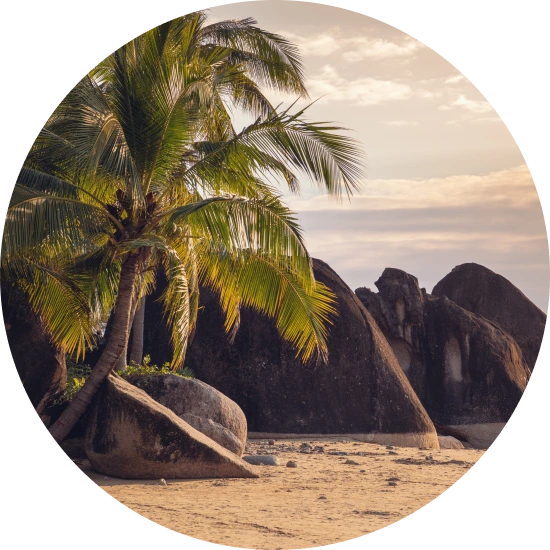
Your paternal lineage may be linked to the Yayoi
Haplogroup O1b2a, a branch of haplogroup O, is closely related to several haplogroups that are commonly found in Japan. Haplogroup O is closely associated with Kyushu, Japan's third largest island, and makes up over half of all men in Japan. Although haplogroup O is prevalent in Japan, it likely only entered Japan during the Yayoi expansion about 2,300 years ago. During the Yayoi expansion, people entering from the Korean Peninsula brought wet rice agriculture, weaving technology, and metalworking technology to Japan. The Yayoi expansion began on the island of Kyushu, where haplogroup O is very common today. It is possible that some of the early members of O1-F3356 were involved in this major shift, which quickly and dramatically altered Japanese culture.
Your maternal lineage may be linked to the Han
Members of haplogroup D are found in both northern and southern Han Chinese populations at low to moderate frequencies. The Han people, who all share the same language and similar cultural practices, are the largest ethnic group in the world, with about 1.2 billion people. Historical evidence shows that Han people are descendants of the ancient Huaxia tribes that come from northern China, and Han language and culture only expanded into southern China in the last 2,000 years. The spread of Han people and culture from northern to southern China was likely driven by warfare and famine in the north.

What do people with the surname Hwang have in common?
Spoiler alert: it's complicated. People with the same last name are usually no more genetically similar than a randomly sampled group of people from the same population. That said, people with the same surname are more likely to have similar ancestries than randomly sampled individuals. The reason is the tendency of people with similar cultural or geographical backgrounds to preferentially mate with one another. That's why people who share a surname may be more likely to share traits and tendencies in common than people within the general population. Check out the percentages below to see the prevalences of tastes, habits, and traits of people with your surname compared with prevalences among 23andMe users.
Preferences
Traits
Habits
Wellness
Are health conditions linked to the last name Hwang?
The short answer is that, if there is an association between surname and health, it's usually more about your ancestry than your name. Individuals with a given surname are no more genetically similar than the general population but often have similar ancestries. The populations of people associated with those shared ancestries often have sets of genetic variations, also known as alleles, in common. Some of those alleles are associated with a greater likelihood of developing certain diseases.
Disease variant frequency by ancestry
Disease allele frequencies in populations associated with the surname Hwang are shown below. Important Note: not everyone with a disease allele will develop these health condition



